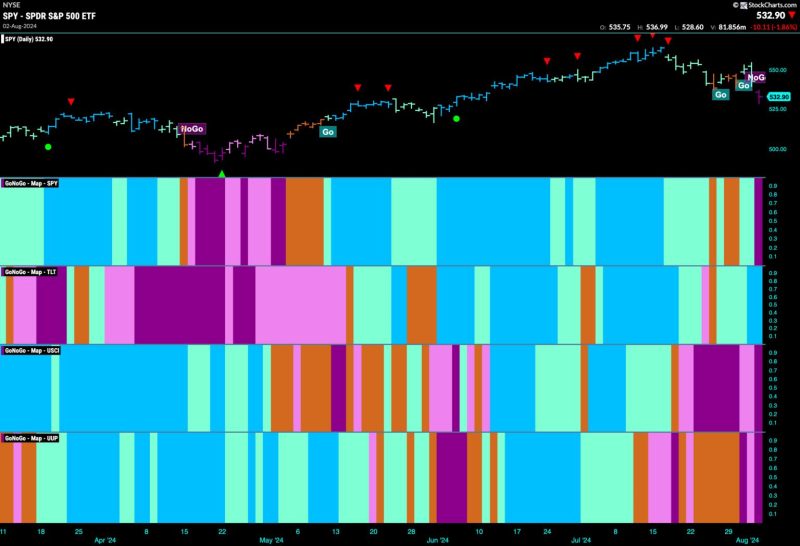In the dynamic world of finance, investors constantly seek ways to navigate the ups and downs of the market. Recent trends indicate a shift towards defensive stocks as market indices experience uncertainty and volatility. This move towards defensive assets serves as a strategic maneuver for investors looking to mitigate risks and ensure a degree of stability in their portfolios.
Defensive stocks are characterized by their resilience during market downturns, providing a cushion against economic uncertainties. These companies typically belong to industries that offer essential products or services, such as utilities, consumer staples, healthcare, and telecommunications. Unlike cyclical stocks which are tied to economic cycles, defensive stocks tend to maintain steady performance regardless of broader market conditions.
Amid concerns over trade tensions, geopolitical conflicts, and varying economic indicators, investors are increasingly turning to defensive stocks as a safe haven. This flight to safety reflects a prudence in risk management, as defensive stocks offer a level of predictability and reliability in turbulent times. By focusing on stable industries and well-established companies, investors can weather market storms with greater confidence in their investment choices.
The recent market index fluctuations have further fueled the demand for defensive stocks, as investors seek refuge from the uncertainties surrounding global economic conditions. This strategic shift underscores a proactive approach towards portfolio diversification and risk management, aligning investment decisions with the prevailing market environment. While defensive stocks may not offer the same high returns as growth stocks during booming markets, their ability to withstand downturns provides a crucial hedge against market volatility.
As the market continues to navigate through a landscape of challenges and uncertainties, the allure of defensive stocks is likely to persist among investors looking to safeguard their assets. By incorporating defensive assets into their portfolios, investors can strike a balance between growth opportunities and risk mitigation, ensuring a more stable trajectory for their investments in the long run. Ultimately, the strategic embrace of defensive stocks reflects a prudent and well-informed approach towards wealth preservation and financial security in an ever-evolving market ecosystem.

